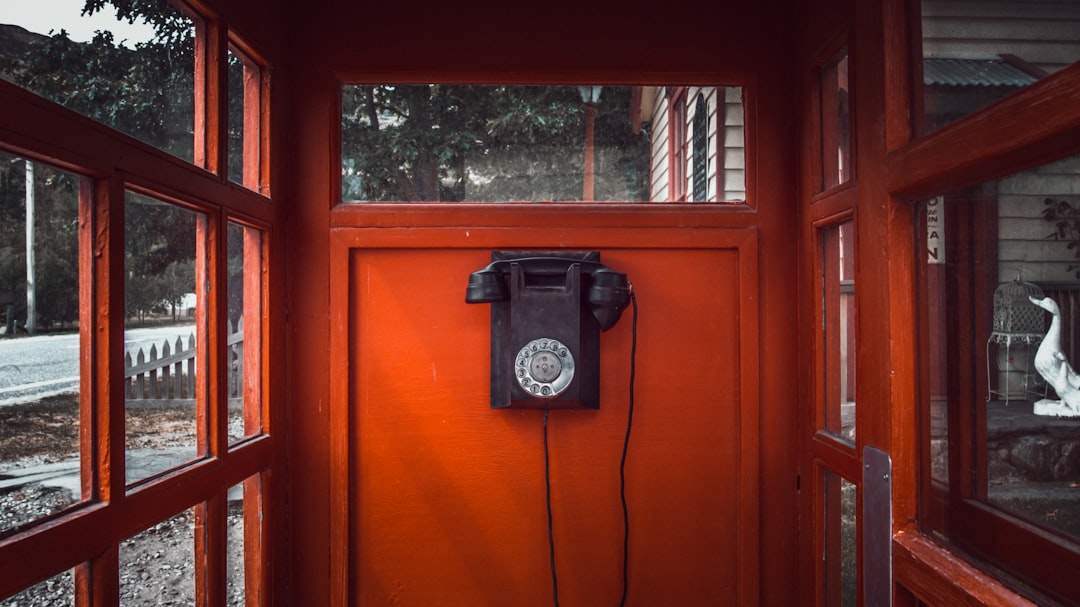In Philadelphia, telemarketing and robocalls from sales and do-not-call law firms have become a significant nuisance, frustrating residents with repeated unwanted calls. Despite national do-not-call registries, enforcement lapses and sophisticated call center practices leave many Philadelphians still receiving calls. Strict regulations, better consumer protections, and technological advancements are needed to empower citizens in controlling marketing contacts. Residents can protect themselves by registering on the National Do Not Call Registry, reporting excessive calls, using blocking apps, and seeking legal advice from a do-not-call law firm Philadelphia. Consumer advocacy groups are leading efforts to educate residents about their rights and pressure regulatory bodies to enforce existing laws, reducing intrusive marketing calls and enhancing peace of mind in the city.
In Philadelphia, like many cities, residents face a growing nuisance from unwanted telemarketing calls. This article explores the pervasive issue and its impact on local communities. We delve into legal protections against unsolicited phone marketing, empowering citizens with strategies to fight back effectively. Additionally, we highlight the crucial role of consumer advocacy in curbing these intrusive calls, encouraging collective action through understanding and collaboration. By exploring these aspects, we aim to guide Philadelphians in navigating the do-not-call laws and reclaiming their communication channels.
Understanding the Unwanted Calls Problem in Philadelphia

In Philadelphia, like many urban areas across the country, unwanted calls have become a significant nuisance for residents. These include marketing calls from telemarketers, sales pitches, and even robocalls offering false promises or spreading misinformation. While some calls may be unavoidable, the sheer volume can be overwhelming, leading to frustration and wasted time. The problem is exacerbated by the proliferation of do-not-call lists that are often ignored or bypassed by call centers looking to maximize their reach.
The situation prompts a closer look at how effective current regulations are in protecting Philadelphians from unwanted calls. Many residents find themselves on the receiving end of repeated calls, even after registering their numbers on national do not call registries. This points to a need for stricter enforcement and better consumer protections from what has become an increasingly sophisticated and relentless telemarketing industry. The solution may lie in combining technological advancements with enhanced legal safeguards to give citizens greater control over how they are contacted by sales and marketing professionals.
The Impact of Telemarketers on Local Communities

In many communities, including Philadelphia, residents often find themselves on the receiving end of relentless telemarketing calls, which can have a significant impact on their daily lives and overall well-being. These unwanted calls from sales representatives or do-not-call law firms in Philadelphia disrupt peace and privacy, especially for those who are home during odd hours or have specific needs, like the elderly or individuals with disabilities. The constant ringing of phones and the pressure to engage in sales conversations can cause stress and anxiety, making it harder for community members to focus on their personal and professional responsibilities.
Moreover, the presence of telemarketers contributes to a sense of intrusion into local affairs. Many Philadelphia residents appreciate their privacy and freedom from commercial interruptions. Do-not-call laws and regulations exist precisely because of the negative influence these calls can have on communities. They are designed to empower individuals to reclaim control over their communication channels, fostering a more peaceful and respectful environment where community voices can thrive without being drowned out by aggressive sales tactics.
Legal Protections Against Unsolicited Phone Marketing

In Philadelphia, as in many places across the nation, consumers are protected by laws designed to curb unwanted phone marketing, particularly from so-called “do not call” law firms. The Telephone Consumer Protection Act (TCPA) of 1992 grants individuals the right to silence these intrusive calls by registering their numbers on national “do not call” lists. This legislation makes it illegal for businesses to make telemarketing calls without prior express consent, providing a significant safeguard against unsolicited sales pitches.
Philadelphia residents can take advantage of these legal protections and exercise their rights by reporting excessive or unwanted calls to the Federal Trade Commission (FTC) and local consumer protection agencies. By registering on the National Do Not Call Registry and taking proactive measures, Philadelphians can reclaim their peace of mind and significantly reduce the number of harassing phone calls they receive from law firms pushing their services.
Strategies for Community Members to Fight Back Effectively

Community members in Philadelphia facing relentless unwanted calls from do-not-call law firms can take several effective steps to fight back. Firstly, they should familiarize themselves with local consumer protection laws that restrict such practices. Many states, including Pennsylvania, have specific regulations against harassing phone calls. Understanding these laws empowers individuals to stand up for their rights.
Additionally, documenting the calls is crucial. Keeping a record of the frequency, time, and content of unwanted calls can serve as compelling evidence when reporting the issue to relevant authorities or seeking legal advice from a do not call law firm in Philadelphia. Community members can also register their numbers on national “do not call” lists and use tech-based solutions like call blocking apps to curb unwanted communications.
The Role of Consumer Advocacy in Curbing Unwanted Calls

In the ongoing battle against unwanted calls, consumer advocacy plays a pivotal role in safeguarding residents’ privacy and peace of mind. Philadelphia, with its vibrant community, has recognized the need for robust measures to curb intrusive phone marketing practices. Consumer advocacy groups have been at the forefront, educating citizens about their rights under state laws, such as those restricting telemarketing calls from do not call law firms. These organizations empower individuals to take proactive steps, like registering on national do not call lists and reporting persistent violators.
By amplifying consumer voices, advocacy ensures that regulatory bodies and businesses alike understand the severity of this issue. This collective effort has led to increased awareness about the impact of unwanted calls, pushing for stricter enforcement of existing laws. As a result, residents can take comfort in knowing they have allies fighting back against intrusive marketing tactics, ensuring their right to quiet and respectful communication.






